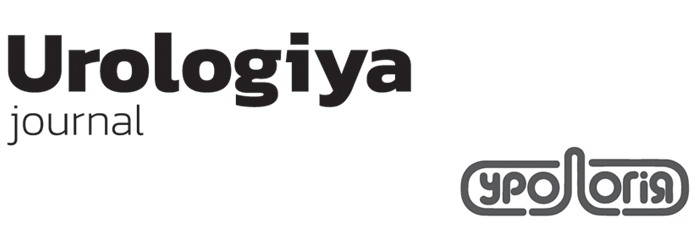S.P. Pasiechnikov, N.A. Saydakova, V.S. Grytsa, V.V. Kuznetsov
Monitoring of the species spectrum of pathogens of urinary tract infections and their sensitivity to antibiotics іn urological department
The article presents data of monitoring of the species spectrum of the urinary tract infections (UTI) and their sensitivity to antibiotics in Urology Department of Sevastopol City Hospital № 1 in 2005 and 2009. The study included 375 patients (in 2005 - 159 people and in 2009 - 216 people). Dominant agents of UTI remain gram-negative microorganisms that are detected in 70,6% of patients. In the spectrum of isolated pathogens predominate E.coli (34,1%), Enterococcus spp. (13,9%) and Pseudomonas aeruginosa (10,9%). During five years of the observation in the spectrum of pathogens UTI occurred significant changes: incidence of Ps.aeruginosa was decreased (2,6 times), Staphylococcus spp. (2,7 times), increased frequency of detection of Enterococcus spp. (1,7 times), Enterobacter spp. (1,7 times), Proteus spp. (3,9 times). Revealed multiple low sensitivity of microorganisms to the action of commonly used in clinical practice antibiotics. Due to high laboratory efficiency of amikacin, which covers 70-100% of all selected strains of UTI (except for Citrobacter spp. (62,5%) and Enterococcus spp. (54,3%) it is possible to use this drug as a first line for empiric antibiotic therapy of the UTI. It is appropriate to include ampicillin (given the 100% sensitivity to Enterococcus spp.) in the scheme of empiric therapy with amikacin.

